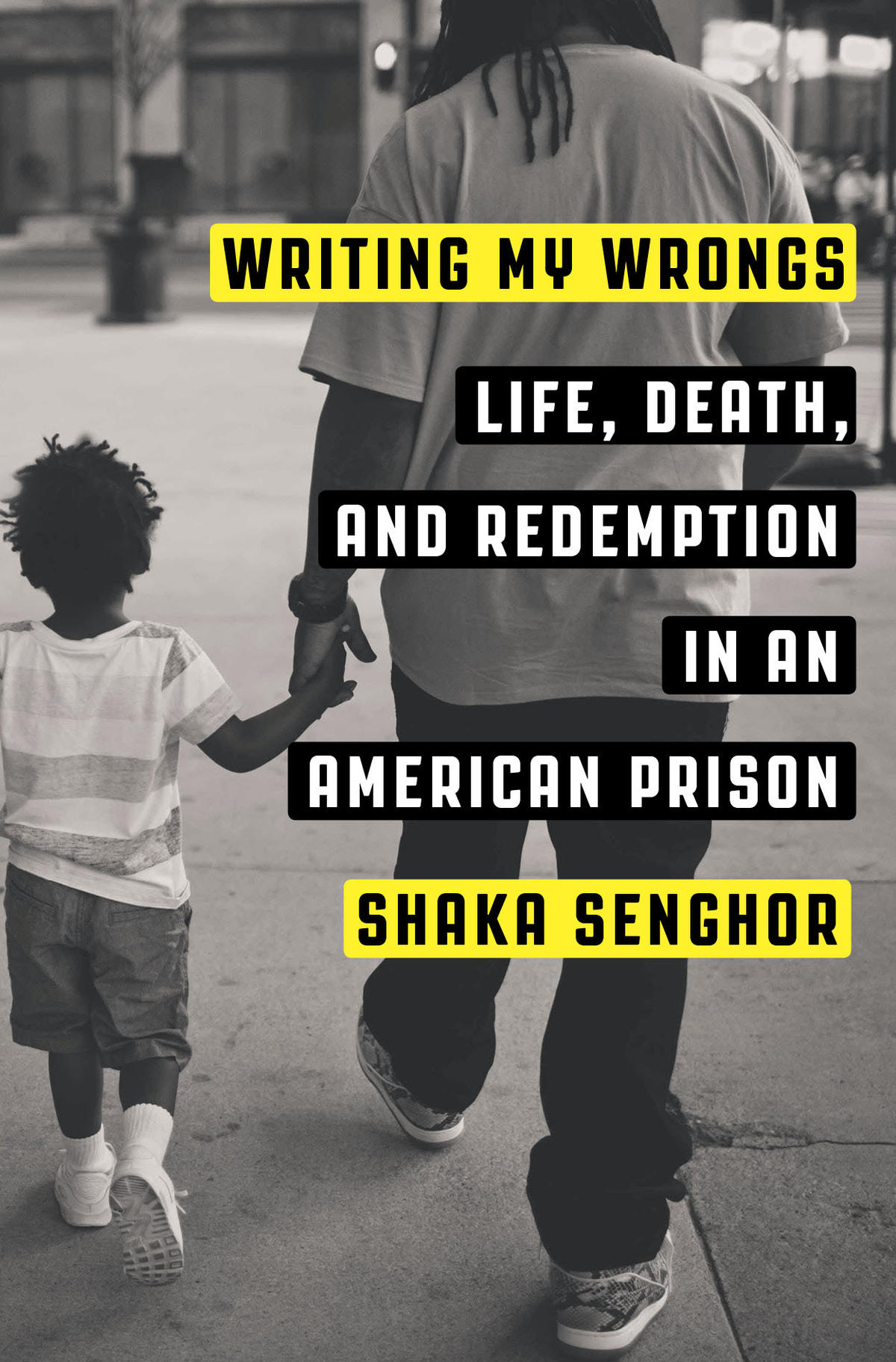by Zinta Aistars
for WMUK 102.1 FM
Southwest Michigan's NPR affiliate
Between the Lines is my weekly radio show about books and writers with a Michigan connection. It airs every Tuesday at 7:50 a.m., 11:55 a.m., and 4:20 p.m. (or listen anytime online), on WMUK 102.1 FM, Southwest Michigan's NPR affiliate. I am the host of Between the Lines.
This week's guest: Shaka Senghor
Southwest Michigan's NPR affiliate
Between the Lines is my weekly radio show about books and writers with a Michigan connection. It airs every Tuesday at 7:50 a.m., 11:55 a.m., and 4:20 p.m. (or listen anytime online), on WMUK 102.1 FM, Southwest Michigan's NPR affiliate. I am the host of Between the Lines.
This week's guest: Shaka Senghor
 |
Shaka Senghor
CREDIT CONVERGENT BOOKS
|
According to the U.S. Bureau of Justice Statistics, 2,220,300 adults are incarcerated in federal and state prisons. In 2013, the Michigan Department of Corrections reported a prison population of 43,704. The United States has the largest prison population in the world. And our recidivism rate is around 70 percent. “That’s another way of saying our prison system is failing 70 percent of the time,” saysShaka Senghor.
Senghor served 19 years in Michigan prisons for second-degree murder and wroteWriting My Wrongs: Life, Death, and Redemption in an American Prison about that experience. Today, he's not only a New York Times bestselling author, he's also working for criminal justice system reform. Senghor speaks across the country at schools and universities about his experience. His TED talks about criminal justice reform have been viewed more than a million times and have been featured as one of the most powerful TED Talks of 2014.
Senghor works with a national bipartisan initiative called #cut50 to cut the nation's prison population in half by 2025. Oprah Winfrey has referred to her interview with Senghor as “One of the best I’ve ever had — not just in my career, but in my life…His story touched my soul.”
Senghor says, “I wanted to write this book so that people can experience what it is like inside our prisons without having to be arrested.”
Senghor grew up in Detroit, suffering at the hands of an abusive mother who herself was abused as a child. He adored his father, but he left when the marriage fell apart — twice. Unable to bear the brokenness of his family and the abuse, Senghor ran away as a young teen, living on the streets.
“I was around 13, 14, when I first entered the drug culture,” Senghor says. “I experienced everything that comes with that — (a) childhood friend being murdered, being robbed at gunpoint, being beaten nearly to death, and eventually, at the age of 17, I was shot multiple times while standing on the corner of my block.”
What Senghor didn’t realize at the time was that ...
LISTEN TO THE COMPLETE INTERVIEW. (32:44)

No comments:
Post a Comment